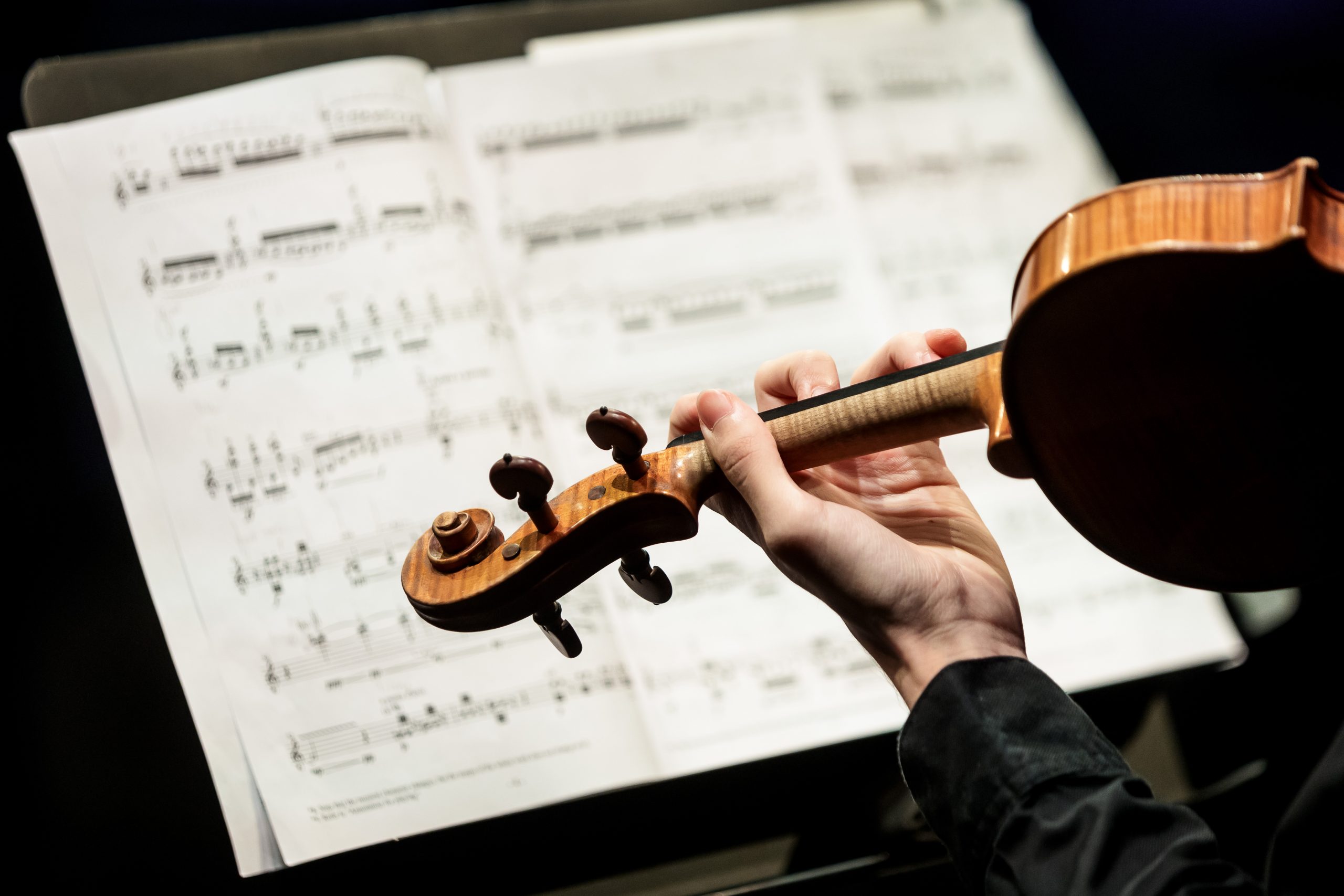
The Liszt Academy welcomes applications for violinists for this year’s round.Continue reading

97 applications from 26 countries have been received for the 2023 Bartók World Competition for young violinists at the Liszt Academy of Music, and the preliminary jury will decide by June 22 on the candidates who will qualify for the live rounds in September.
In their statement, they pointed out that 52 of the applicants are women, 44 are men, and the youngest was born in 2008. The largest number of applicants, twelve from the United States, eleven from Russia, nine from both Japan and South Korea, and eight from China. There were also six entries from Poland and Hungary, four from Germany, Italy, and Spain, three from the Czech Republic and the Netherlands, two from France, two from Serbia, Turkey, and the UK, and one each from Azerbaijan, Belgium, Bulgaria, Canada, Denmark, Luxembourg, Moldova, Romania, Sweden, and Switzerland.
The Bartók World Competition, which runs in six-year cycles, enters a new chapter this year, with the first cycle having ended with last year’s composition round, and this year, as in 2017, the organizers, the Liszt Academy, are again looking for violinists.

The Grand Final of the Bartók World Competition in 2017 at Liszt Academy. Photo: Liszt Academy / László Mudra
The competition, running from September 2-10, and which is supported by the Hungarian government, is open to anyone under 30 years of age and will be run online, with a jury of renowned teachers from the institution selecting the winners by June 22, due to the large number of entries. The first prize will be €22,000, second €14,000, and third €8,000, and the jury may also award special prizes, including performance opportunities, according to the announcement.
The prestigious international jury for the live rounds will include German violinist Stephan Picard, professor at the Hanns Eisler Conservatory of Music in Berlin, and American violinist Daniel Phillips, professor at The Juilliard School in New York, Ukrainian-British violist-conductor Maxim Riszanov, French violinist Roland Daugareil, professor at the Paris Conservatoire and principal violinist of the Orchestre de Paris until 2021, and Japanese violinist Yayoi Toda.
Other Hungarian members of the panel will include Kristóf Baráti, Kossuth Prize-winning violinist and head of the String Department at the Liszt Ferenc Academy of Music, and Gyula Fekete, Erkel and Bartók-Pásztory Prize-winning composer, Head and Vice-Rector of the Department of Composition at the University, conductor Péter Halász, Music Director of the Deutsche Oper am Rhein in Düsseldorf, and Kossuth Prize-winning violinist-conductor András Keller, Music Director of Concerto Budapest.
In their statement, the organizers point out that the compulsory repertoire includes the most important works for violin by Bartók and Bach, as well as one each of the first and second prize winners of last year’s composition round, the Serbian composer Veljko Nenadic’s Impromptu and Perpetuum Mobile, and Kornél Thomas’ Fun-tasto: Reflection and Joy of Life.
In the finals, the finalists will perform one of Bartók’s Violin Concerto Nos. 1 and 2, Mendelssohn’s Violin Concerto in E minor, Beethoven, Brahm, and Tchaikovsky’s Violin Concerto in D major, and Sibelius’ Violin Concerto in D minor, all performed by the Hungarian Radio Symphony Orchestra and conducted by János Kovács.

The Liszt Academy welcomes applications for violinists for this year’s round.Continue reading
Featured photo via Pixabay
File Photo via Liszt Academy / László Mudra
Array
(
[1536x1536] => Array
(
[width] => 1536
[height] => 1536
[crop] =>
)
[2048x2048] => Array
(
[width] => 2048
[height] => 2048
[crop] =>
)
)